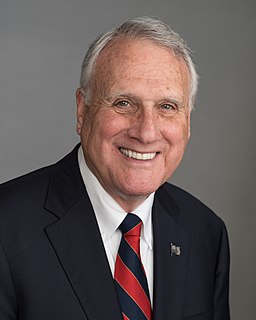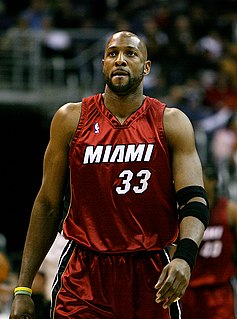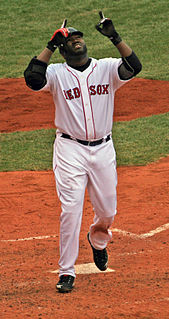A Quote by Kate Middleton
Some children are tackling tough times without the support that can help them because the adults in their life are scared to ask.
Related Quotes
The new concept of the child as equal and the new integration of children into adult life has helped bring about a gradual but certain erosion of these boundaries that once separated the world of children from the word of adults, boundaries that allowed adults to treat children differently than they treated other adults because they understood that children are different.
Some of us are taught to ask for help. Some of us don't feel comfortable asking for help. Some of us will get into trouble because we don't want to share things with adults - maybe because we're used to getting in trouble. I have two daughters, and they're very different from each other. One will tell me everything. The other barely tells me anything at all. Who do I worry about the most? I worry about the quiet one. But it's something I wish I had had when I was a child, that feeling of having someone I could ask for help.
The one concession I've made as I've gotten older is that my children are now adults and they're in their twenties and thirties and so I'm careful about how I write about them. I may write about them as a child, but I'm not going to write about their current struggles because they're adults and they can do it for themselves. I want to give them some space in a way I didn't when they were younger.







































